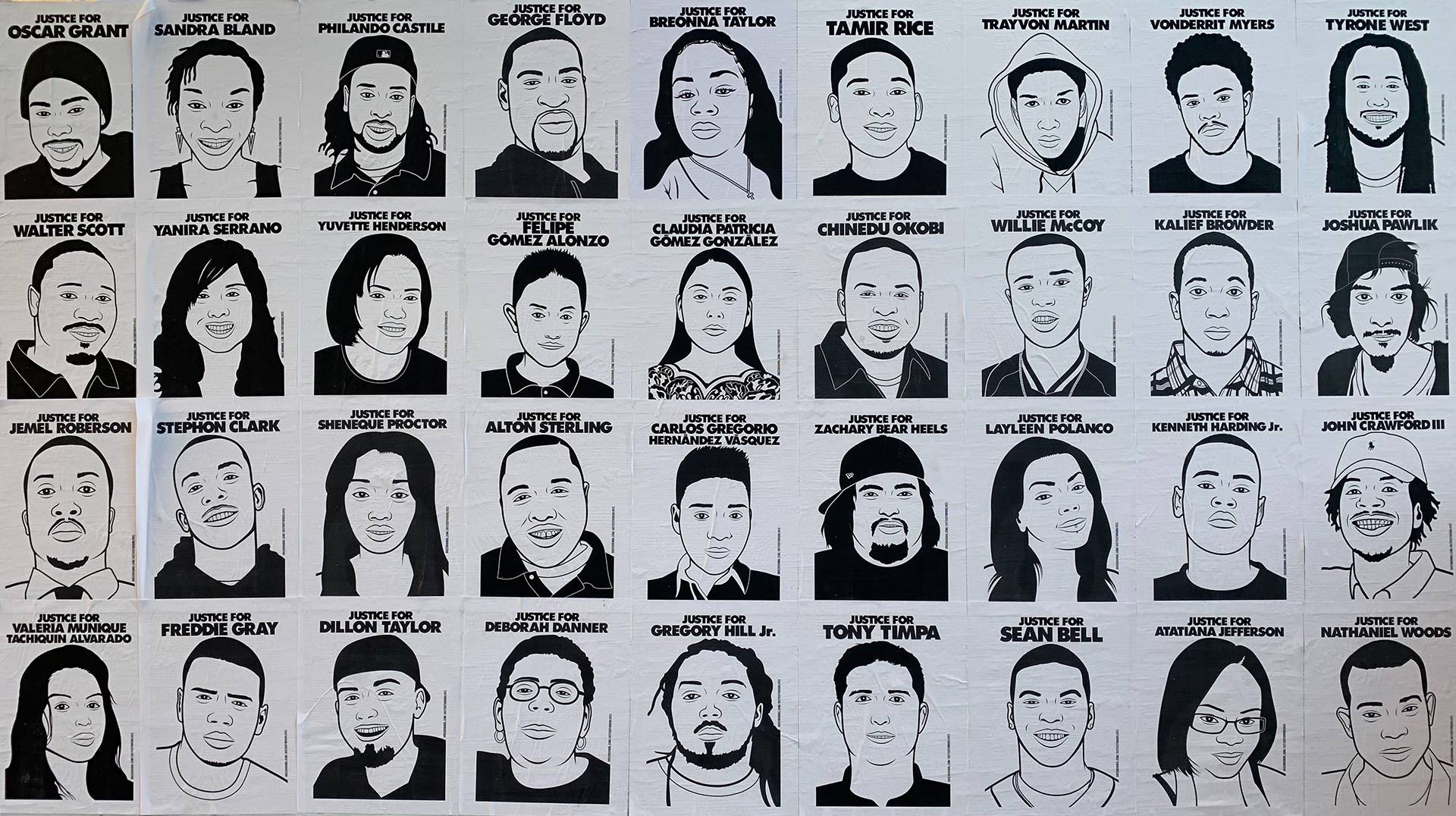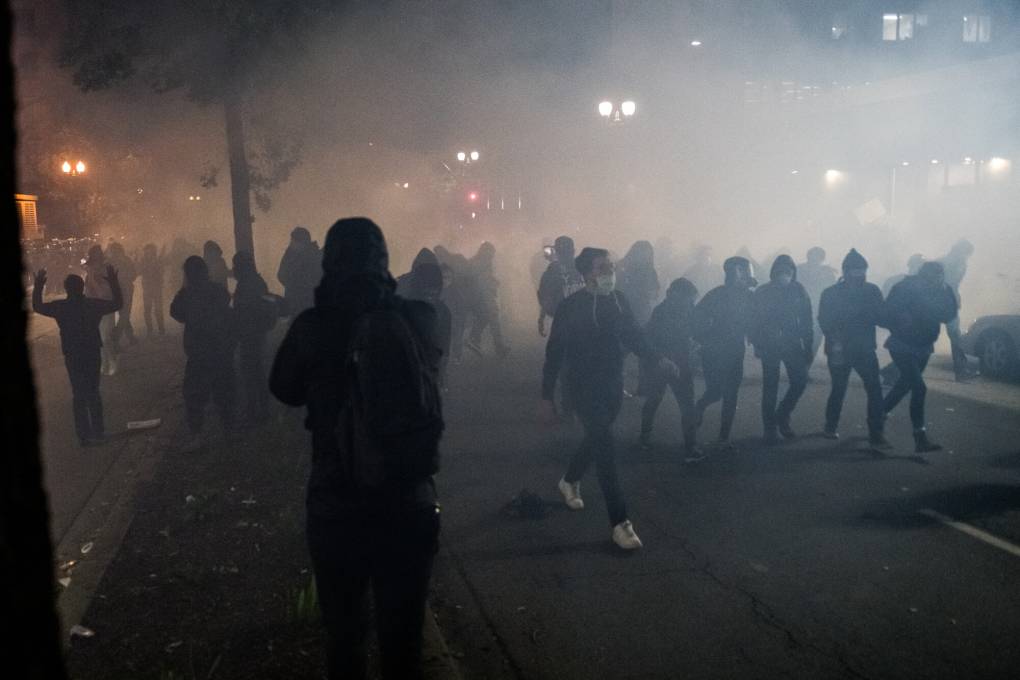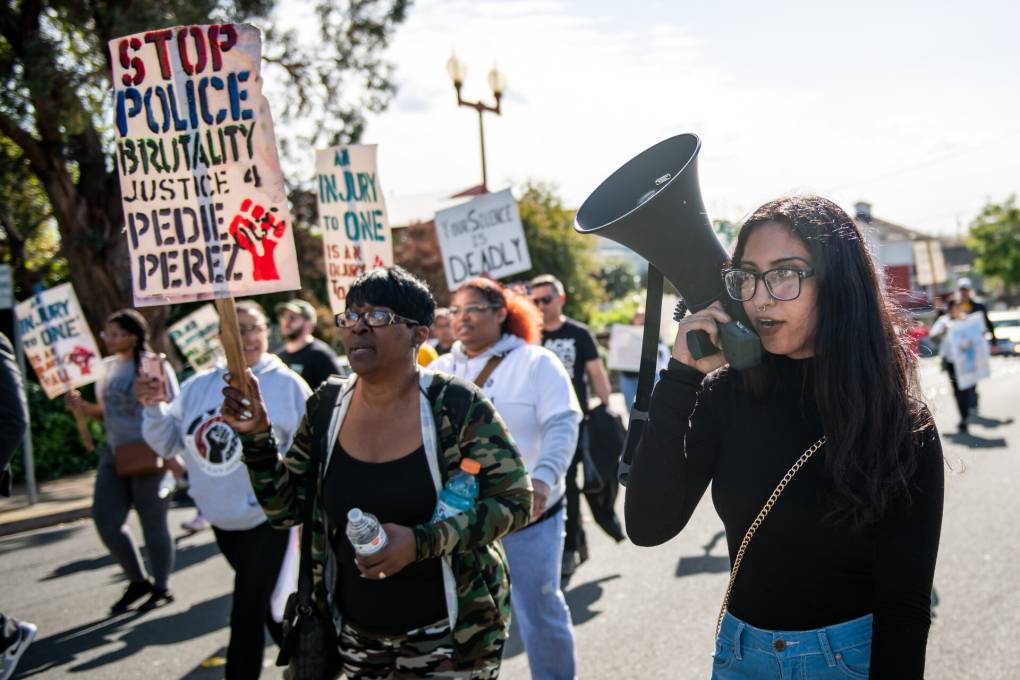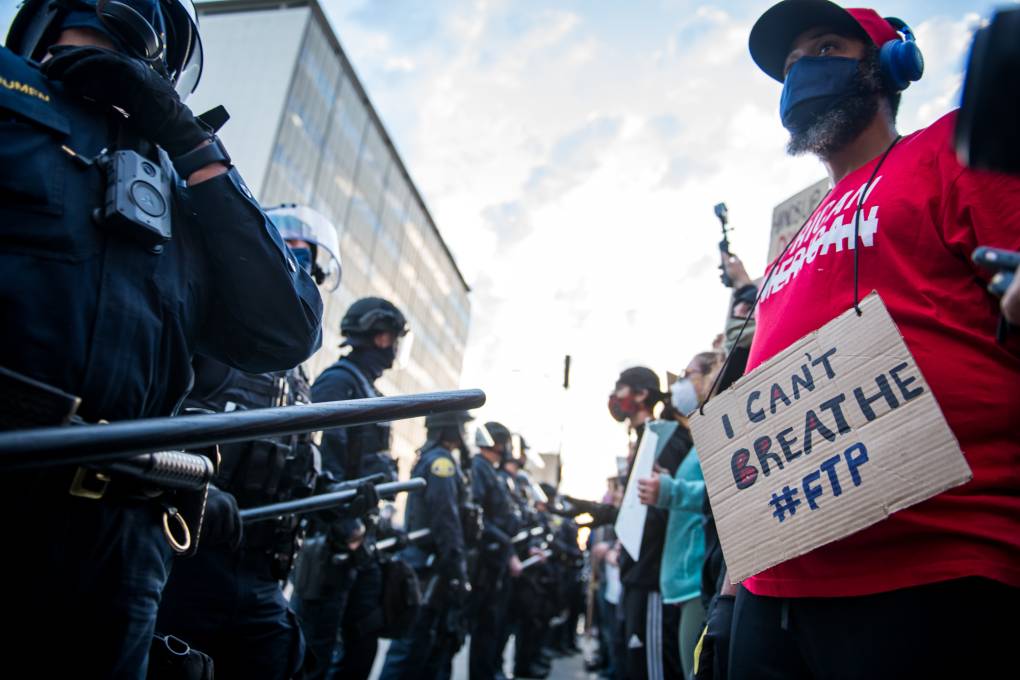Explore a timeline on police killings and reform in the Bay Area and beyond.
The nation, California and the Bay Area are in the midst of a civil uprising. Hundreds of thousands of people, perhaps more, have poured into the streets of our major cities and small towns decrying the repeated, unjustified slayings of black people by law enforcement officers.
The May 25 killing of George Floyd is the most recent catalyst. Video from bystanders shows Minneapolis police officer Derek Chauvin nonchalantly kneeling on the 46-year-old's neck for nearly nine minutes, as Floyd calls for his mother and struggles to say the now too familiar phrase, "I can't breathe."
Many of the people protesting are chanting that phrase. It's scrawled across the face masks of those coming out to voice their tired outrage amid a pandemic. It's a phrase that references far more than a handful of deaths.
Because we've been here before.



